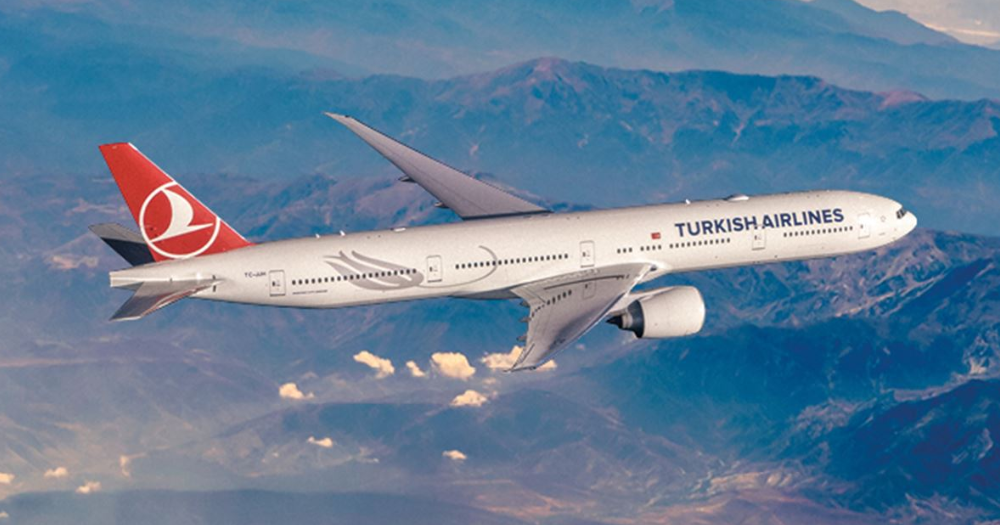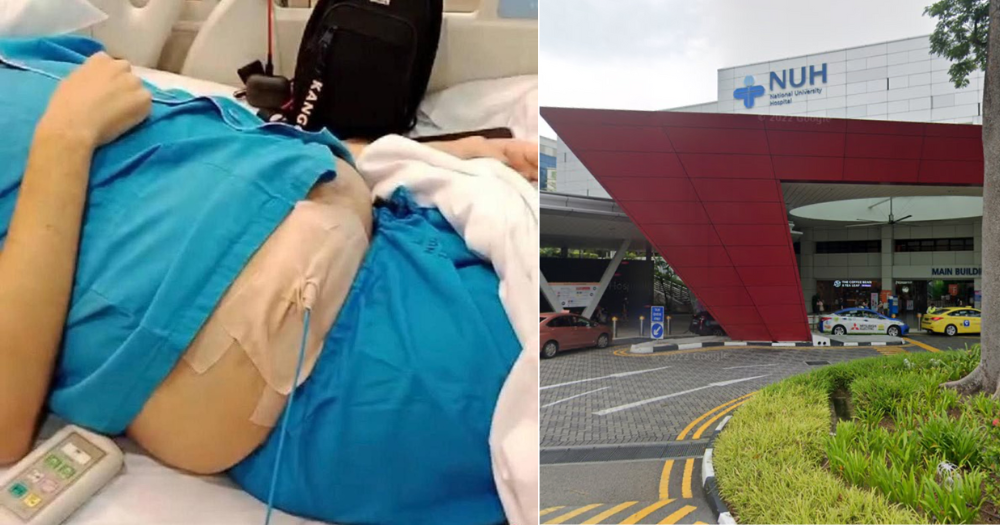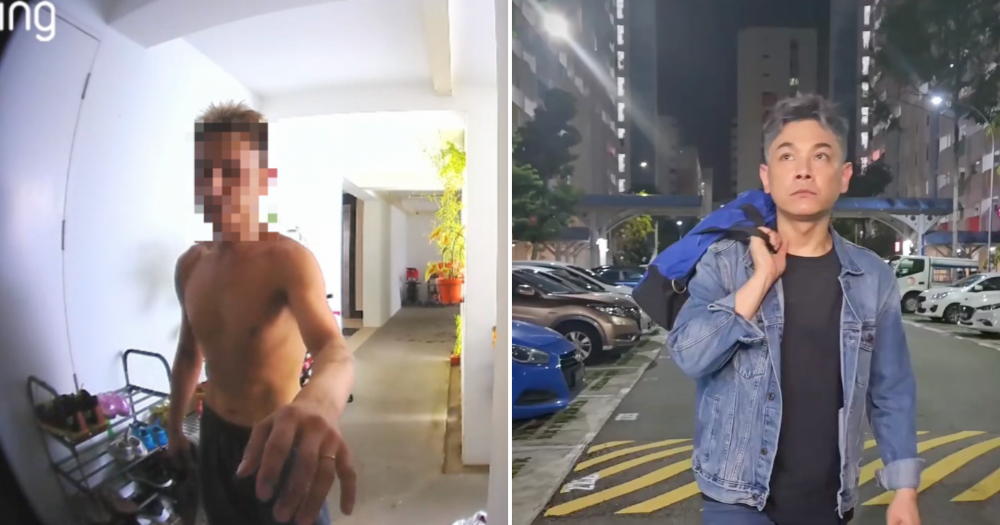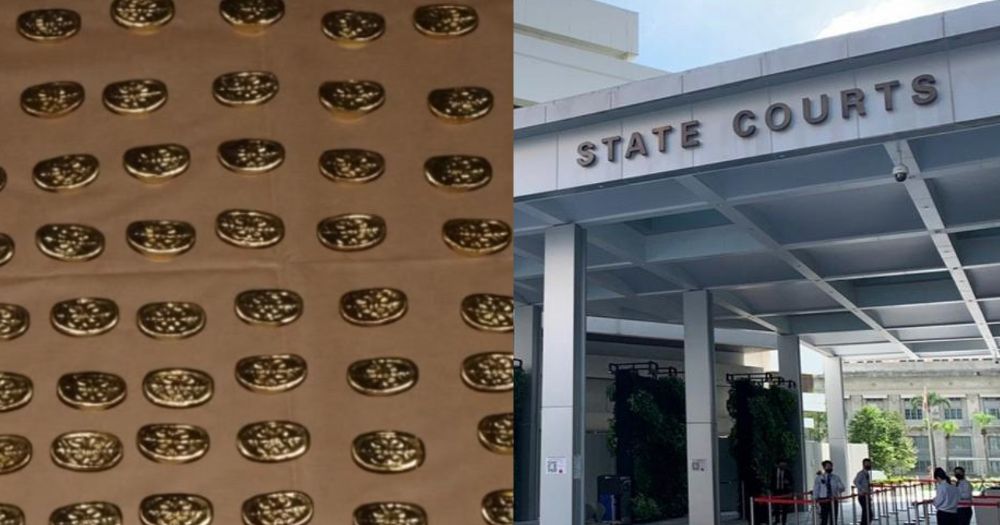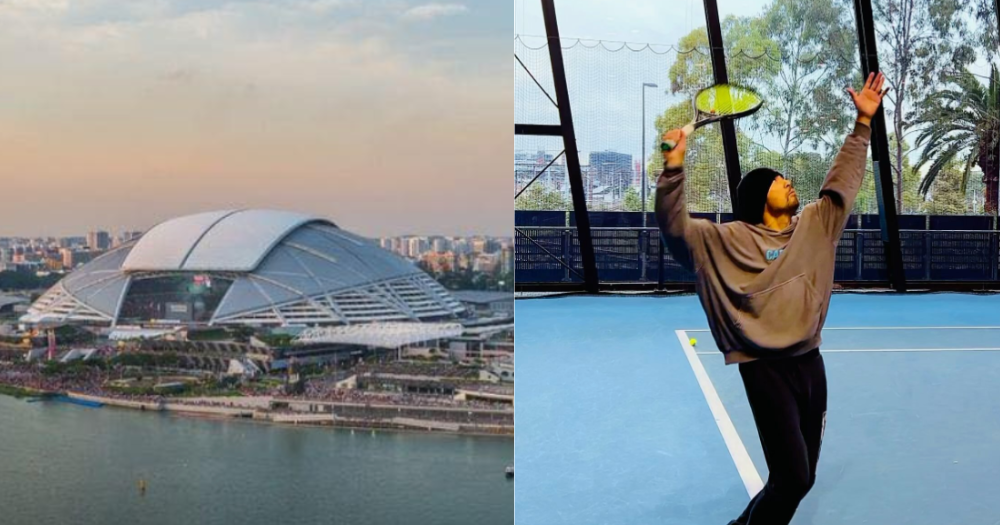Mpox vaccine to be offered to S'pore healthcare workers at highest risk & close contacts of cases
MOH added that its current supply of the vaccine is projected to be sufficient based on the current vaccination strategy.
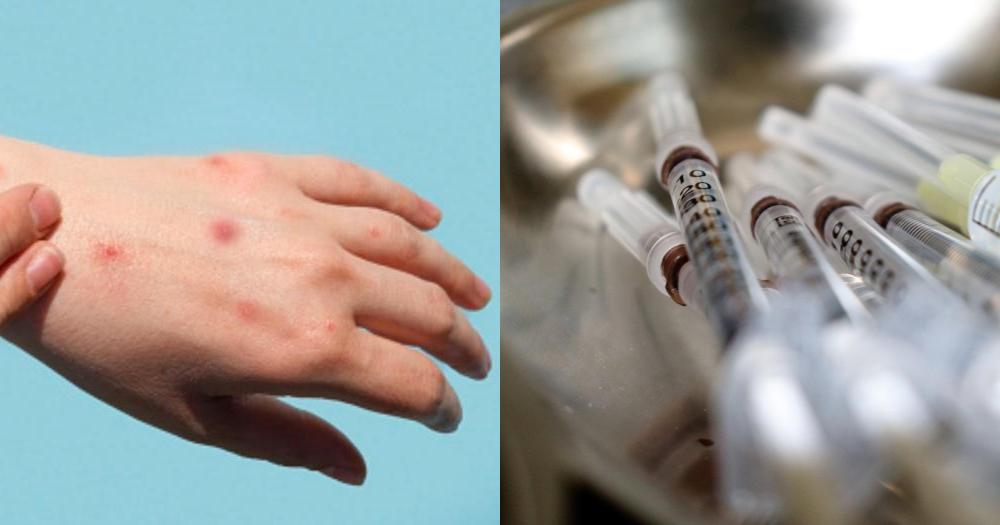
A vaccine has been approved for use in Singapore for protection against smallpox and mpox.
Called Jynneos, this live attenuated (non-replicating) vaccine will be administered selectively to two groups, according to the Ministry of Health (MOH) in a Sep. 4 press release.
Healthcare workers and close contacts of mpox cases will receive vaccine
One group is healthcare workers at the highest risk of exposure to mpox, MOH said.
This includes those working in the National Centre for Infectious Diseases (NCID), who need to render direct care and will be in very close contact with mpox Clade I cases.
Personal protective equipment and infection controls remain the key mode of prevention, MOH said.
However, to provide additional protection, Jynneos will be offered as a pre-exposure prophylaxis.
The second group that will receive the vaccine is close contacts of mpox cases.
This includes both Clade I and Clade II cases.
MOH said the Expert Committee on Immunisation has recommended a single dose of the Jynneos vaccine be offered and administered within 14 days of exposure to reduce their risk of the disease.
MOH also announced that close contacts of mpox Clade I cases will be quarantined for 21 days in a designated government quarantine facility, and said close contacts will have the vaccine administered while they are in quarantine.
MOH added that its current supply of Jynneos is projected to be sufficient based on the current vaccination strategy.
"We will continue to monitor the situation and adjust our vaccination strategy accordingly, as the pox situation and vaccine supplies evolve globally," the ministry added.
Mpox not as transmissible as Covid-19, population-wide vaccination not recommended for now
MOH further noted that while the mpox Clade I virus appears to be more infectious, it is far less transmissible compared to respiratory diseases such as influenza and Covid-19.
Every person with mpox spreads the disease to an average of 1.3 other persons. In comparison, without measures, each case of Covid-19 and its subsequent variants spreads to an average of two to five persons, MOH highlighted.
Hence, based on the current understanding of the disease epidemiology of mpox Clade I, and the fact that contact tracing and quarantine will further suppress transmission, population-wide mpox vaccination is not recommended for now.
There is also no vaccination recommendation for travellers to mpox-affected countries.
In addition, there is "good evidence" showing that smallpox vaccination provides cross-protection against mpox.
Since smallpox vaccination was required in Singapore until early 1981, there will be some mpox immunity among a significant segment of the Singapore population, such as those who are 45 years and older, MOH added.
What are the symptoms of mpox and how does it spread?
The main symptom of mpox is rash. Other symptoms include fever, muscle aches, swollen lymph nodes and fatigue.
The incubation period is typically between six and 16 days, and can be up to 21 days. Individuals are usually infectious from the time symptoms begin until all scabs have fallen off naturally.
Based on current evidence, mpox can be spread through close contact with respiratory tract secretions, skin lesions and bodily fluids of an infected person or animal, as well as recently contaminated objects or surfaces.
In adults, mpox is primarily transmitted through close physical contact, including sexual contact, with infected individuals.
In children, it is mainly spread through physical contact in households, playtime and exposure to wild game.
The ministry said more data is needed to determine the risk mpox poses to children, and it is monitoring this closely.
Declared a public health emergency by the World Health Organisation on Aug. 18
Mpox was declared a "public health emergency" by the World Health Organisation (WHO) on Aug. 18, after more than 15,600 cases and 537 deaths were reported in the Democratic Republic of the Congo (DRC) this year.
Mpox, formerly known as monkeypox, is a viral disease that is caused by two subtypes of the monkeypox virus (MPXV), known as Clade I and II, according to MOH.
Mpox Clade I, which has a recorded case fatality rate of about 3 per cent to 4 per cent in the DRC, has been known to cause more severe disease than Clade II, but clinical outcomes may be different in countries outside of Africa.
The disease was primarily reported in parts of Central (Clade I) and West Africa (Clade II) before 2022, with almost all cases occurring outside of Africa being linked to international travel to endemic regions or through imported animals.
MOH said on Sep. 4 that thus far, the outbreak remains generally confined to Africa, with two cases of the more severe pox Clade I reported in Sweden and Thailand. There are currently no reports of local spread in these two countries.
What measures have been taken so far?
On Aug, 23, temperature and visual screening was implemented at Changi and Seletar airports for inbound travellers and crew arriving on flights from places that may be exposed to the risk of mpox.
Health advisories have also been issued at air checkpoints so that travellers can take the necessary precautions to avoid infection.
Travellers are strongly advised to adhere to the advisory, especially if travelling to and from affected countries.
Travellers with fever, rash and/ or symptoms compatible with mpox will be referred for medical assessment.
MOH advises travellers, especially those travelling to countries affected by mpox, to take the necessary precautions:
- Maintaining a high standard of personal hygiene;
- Avoiding direct contact with skin lesions of infected persons or animals;
- Avoiding high-risk activities such as having multiple sex partners or casual sex; and
- Avoiding contact with wild animals and consumption of bush meat.
Returning travellers, especially those from countries affected by mpox, should seek immediate medical attention if they develop symptoms within 21 days of their return.
They should also inform their doctor of their recent travel and exposure history.
MOH said:
"Exercising personal responsibility especially when symptomatic, and practising good personal hygiene, remain effective at reducing the risk of transmission of mpox in the general population."
The general precautionary measures that members of the public should take against mpox remain relevant for both Clade I and Clade II, the ministry added.
Top left image via Unsplash, right image via Pixabay
MORE STORIES











